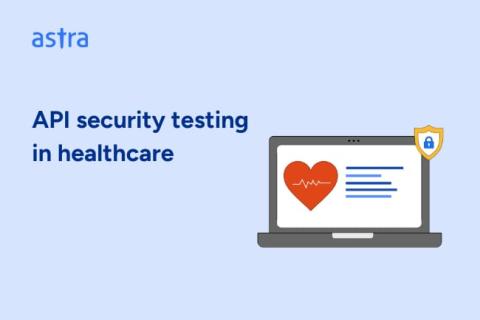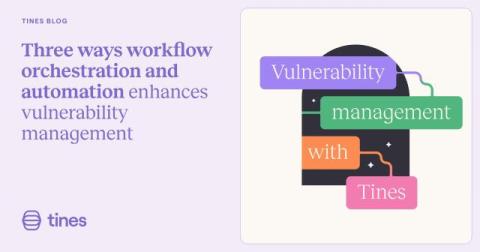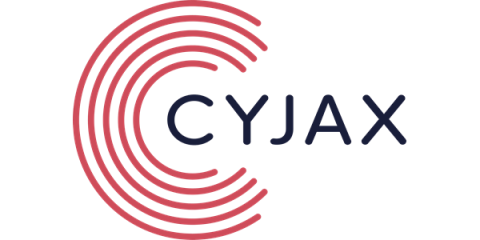API Security Testing for Healthcare: A Guide
Healthcare breaches don’t just steal data; they erode trust, disrupt care, and cost millions. The 2015 Anthem data breach compromised 78.8 million records. Since then, attacks have only grown in frequency and sophistication, pushing the average healthcare breach cost to.1 million in 2022 (IBM’s Cost of a Data Breach). For years, healthcare security has focused on perimeter defenses, yet breaches keep escalating.









